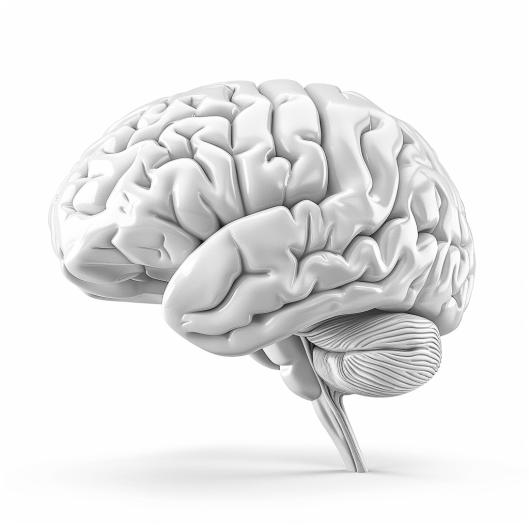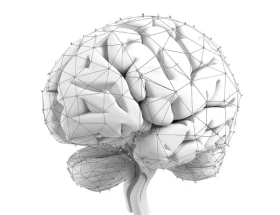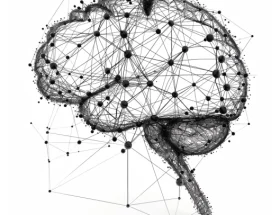Understanding how genetic and environmental influences shape cognitive abilities remains a cornerstone of psychological research. Jiang et al. (2024) present an important study that examines these influences through a structured twin-based model. This research provides insight into how basic and higher-order cognitive functions are differentially affected by genetic inheritance and shared experiences.
Background
The relationship between genetic makeup and environmental factors in cognitive development has been a topic of debate for decades. By leveraging data from monozygotic and dizygotic twins, Jiang et al. aimed to identify specific influences on cognitive abilities categorized into two hierarchical levels: first-order abilities (e.g., perception) and second-order abilities (e.g., metacognition).
Key Insights
- Classification of Cognitive Abilities: Cognitive functions were divided into first-order (basic processing) and second-order (higher-level reasoning and self-awareness) categories.
- Role of Genetics: First-order abilities showed a strong genetic foundation, aligning with established findings on heritability in basic perceptual and cognitive skills.
- Environmental Contributions: Second-order abilities were more influenced by shared environmental factors, suggesting a significant role for social and cultural experiences in shaping complex thought processes.
Significance
This study highlights the complexity of cognitive development, emphasizing the interplay between biological predispositions and environmental shaping. By identifying these distinct contributions, the research provides a clearer understanding of how specific interventions could support cognitive growth at different levels.
Future Directions
Further exploration is needed to identify the precise environmental factors that most strongly influence second-order abilities. Expanding the participant pool to include more diverse populations could also help in validating the study’s findings and increasing their applicability to broader contexts. Additionally, integrating longitudinal data may offer deeper insights into how genetic and environmental influences interact over time.
Conclusion
The study by Jiang et al. underscores the nuanced relationship between genetics and the environment in cognitive development. Their findings serve as a foundation for ongoing research aimed at optimizing educational and therapeutic practices, ensuring that they reflect the full spectrum of factors shaping human cognition.
Reference:
Jiang, S., Sun, F., Yuan, P., Jiang, Y., & Wan, X. (2024). Distinct genetic and environmental origins of hierarchical cognitive abilities in adult humans. Cell Reports, 43(4). https://doi.org/10.1016/j.celrep.2024.114060










